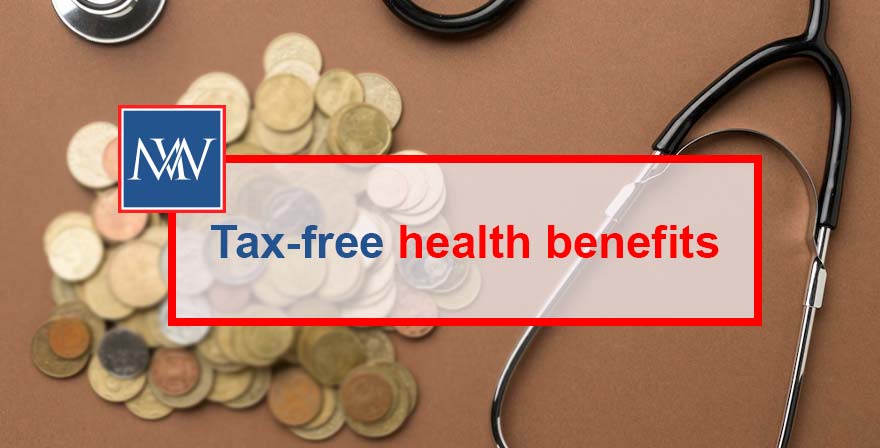If you are an employer, having a healthy staff is good for both you and your employees. So, you might want to give your employees benefits that will help them catch any health problems early and get back to full health.
Even though private health insurance is a taxable benefit (except for employees who work overseas), there are a number of health-related tax exemptions.
Health screening and medical check-ups
Under the benefit-in-kind law, an employee can get one health screening and one medical check-up each tax year without being taxed for it. For these reasons, a health screening assessment is a way to find out which employees may be at a higher risk of getting sick. A medical check-up, on the other hand, is when a health professional looks at an employee’s body to find out how healthy they are.
Extra health screenings and/or medical checkups given to an employee in the same tax year are taxable and must be reported to HMRC on their P11D.
Recommendations for medical care
There is no general tax break for medical care paid for by an employer, but there is a tax break for care that meets the definition of “recommended medical care” and is paid for or provided by the employer. This is treatment that a doctor recommends as part of the employee’s occupational health services, which are meant to help the employee keep his or her job or help the employee get back to work after being out because of an injury or illness (such as physiotherapy to help the employee return to work after a back injury).
The most you can get back is £500 per tax year. If the treatment costs more than this, the employee is taxed on the amount that is more than £500.
Overseas medical treatment and insurance
When medical treatment, other than recommended medical treatment, is given to UK-based employees, the company has to pay taxes on it. But an employer doesn’t have to pay taxes if they pay for medical care outside of the UK for an employee who needed it while working overseas. The exemption includes insurance that covers the cost of giving such treatment.
Eye tests and glasses
When the Health and Safety at Work Act of 1974 says that an employer has to give an employee an eye test, the employer doesn’t have to pay taxes on that test. If the test shows that you need glasses or contacts, they can be given to you without tax. But the exemption is only good if all employees who must get tests can take them and get corrective devices if they need them.

